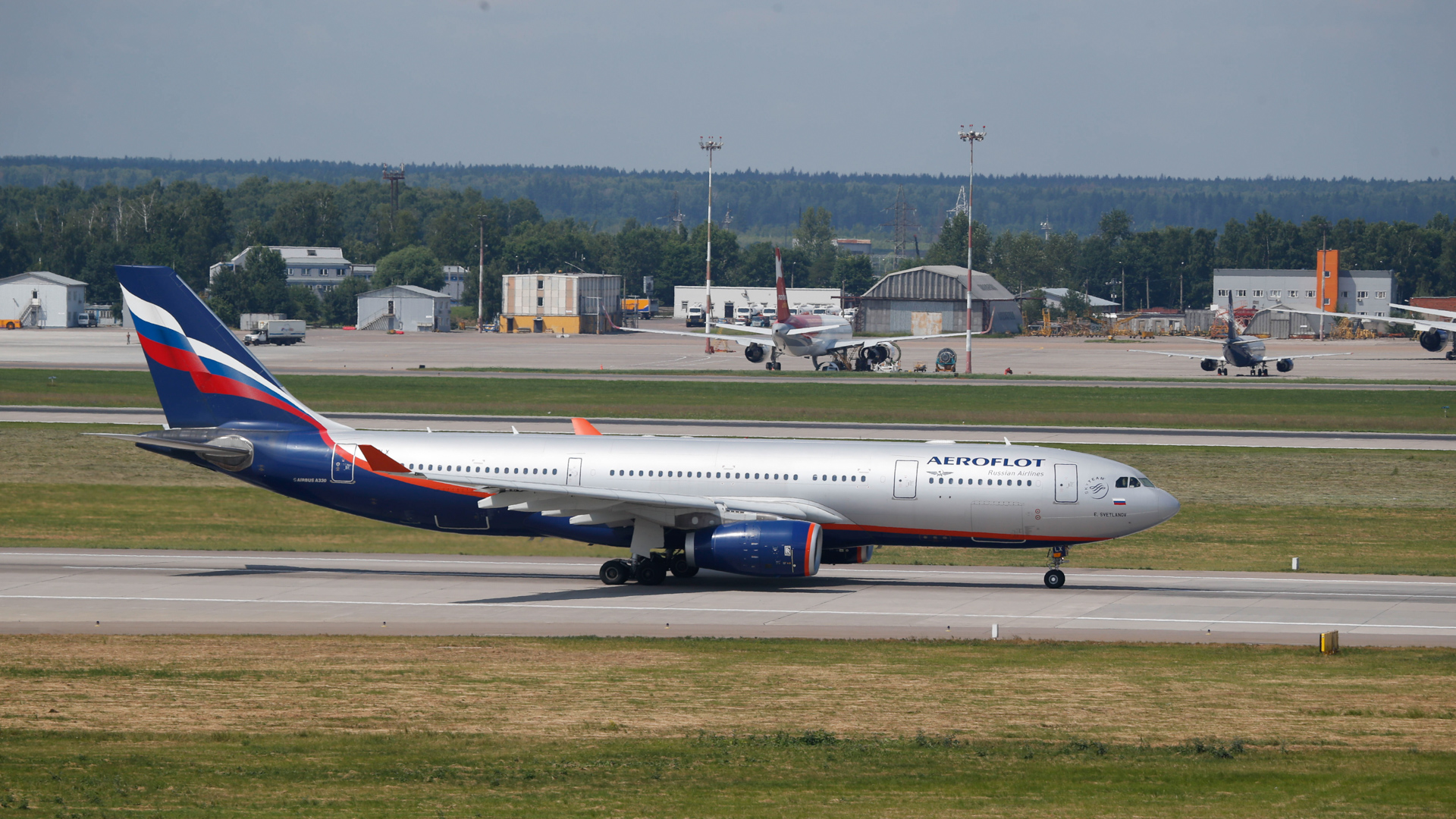

Russia’s domestic aviation industry continues to struggle intensely in the wake of the country’s invasion of Ukraine. First, Russia was cut off from genuine parts supplies for its Western-made commercial planes, as Airbus and Boeing announced that they would stop sales of parts and services to Russian aviation companies. Next, European leasing firms sought to repossess jets leased by Russian carriers by revoking their airworthiness certifications. In an unprecedented move, Vladimir Putin allowed Russian aviation companies to steal those leased aircraft and re-register them in Russia, violating decades-old international standards and causing European companies to lose an estimated $10 billion in airplanes. That theft was too much for an otherwise mostly neutral China to tolerate. The Chinese Civil Aviation Authority announced earlier this week that those stolen planes are no longer allowed in its airspace, closing off even more of the globe to most Russian air traffic.
While Russian-flagged aircraft are not entirely banned from Chinese airspace (as they are in most of Europe and the Americas), a massive proportion of Russia’s commercial fleet is comprised of either Airbus or Boeing jets that were initially leased from European owners. The country currently has 1,287 Russian-operated aircraft (including state-owned jets and cargo planes), of which 728 are Western-produced; recent reports suggest roughly half of those Western aircraft have been stolen and re-registered domestically since Putin’s signature of the seizure allowance. Russia had previously warned air carriers that they shouldn’t fly those stolen planes internationally, as they risk getting the jets repossessed.
Even for planes that Russian carriers do rightfully own, without a supply of parts repairing those planes to international aviation standards will become virtually impossible. This was the reasoning of an earlier internal Russian governmental report that suggested a bleak future for domestic air carriers. The report detailed worst-case scenarios assuming that international sanctions on the country do not lift, with “the threat of stopping half to two-thirds of the fleet” by 2025 as aviation companies increasingly may have to cannibalize their remaining fleets of Western airliners for parts to keep the remaining ones flying. Unfortunately for domestic carriers, replacing those Boeing and Airbus crafts seems unlikely in the near future as the newest fully Russian produced commercial aircraft that could replace the Western-made jets, the Sukhoi Superjet 100, has been plagued with supply-chain issues in the face of sanctions and many carriers have expressed doubts about its operational costs and basic safety after the fatal crash of a Superjet 100 on Aeroflot Flight 1492.
While most Russian carriers have suspended international flights in the wake of the invasion, and only a handful of countries still will allow Russian aircraft to land at their airports, the loss of Chinese airspace blocks off massive swaths of the world to Russian flights to Southeast Asia if and when they do resume. It seems likely that Putin’s maneuver to keep domestic flights in the air by stealing hundreds of aircraft will have consequences for years to come, regardless of the eventual outcome of the invasion of Ukraine.
Got a tip or question for the author? Contact her directly at victoria.scott@thedrive.com